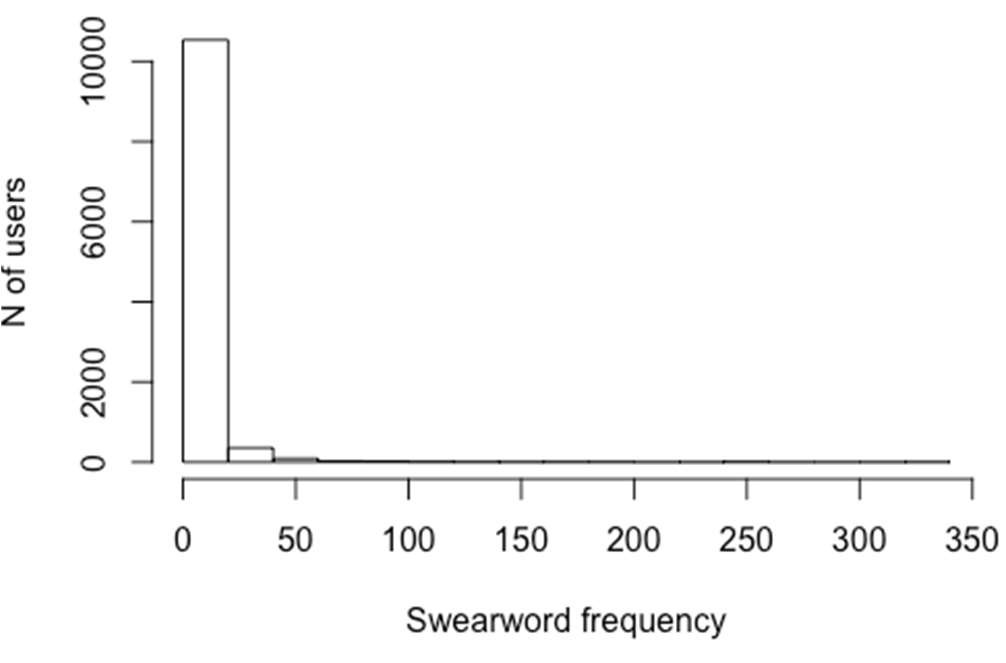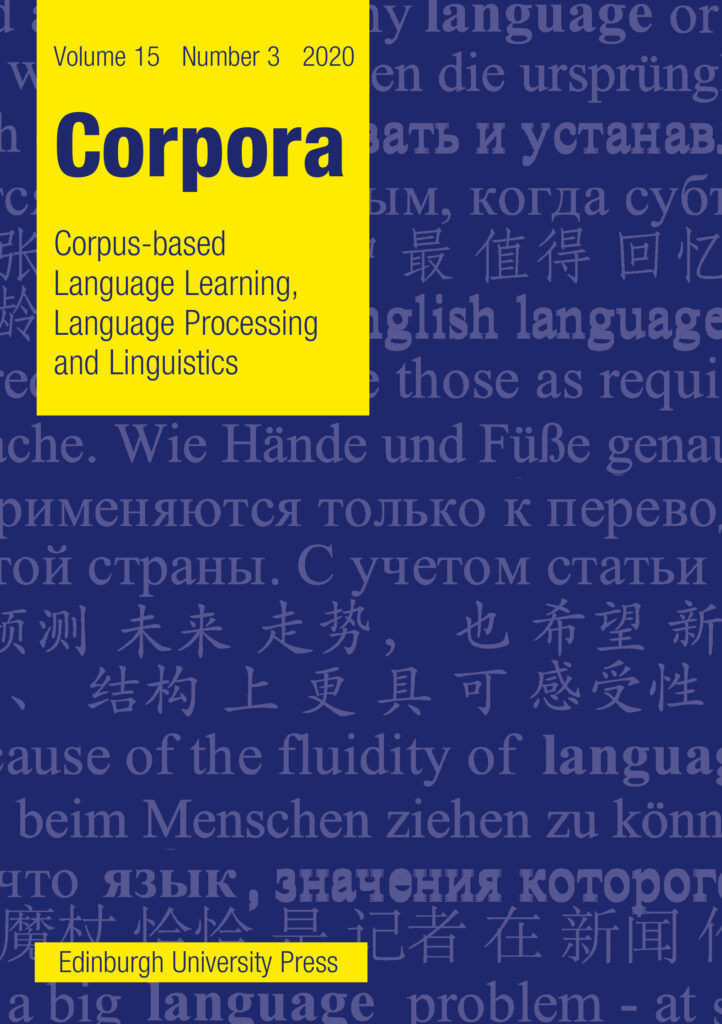
By Michael Gauthier
For decades now, sociolinguistic studies have showed that social parameters have an influence on the way we express ourselves, and gender is no exception. Swearwords have been shown to be one of these parameters, and it is a topic which has been at the center of many studies, debates and tensions, which can probably be explained by the fact that these words are also referred to as “bad language”.
We could argue that studying all this does not matter so much after all, and that these are just (bad) words, but in fact studies show that the way we speak can (1) have an influence on the way others perceive us, and (2) be representative of social values and behaviors expected from a given group. So, studying how women and men use swearwords could be considered as providing an insight into broader societal organizations.
Traditionally, and because of social parameters and expectations, swearwords have been associated to power, and thus to men. This is why sometimes, after swearing, or someone around us swore, we might have heard sentences such as “oh come on, you’re a girl/woman, you can’t say that!”, or “boys will be boys…”. However, linguistic studies have shown that women do not in reality always swear less than men (although this is sometimes the case), and that context or age play a much more significant role than gender alone in determining which swearwords will be used as well as what the frequency with which they are used. Consequently, this questions the need to keep such expressions and biased categorizations of the world from our vocabularies…
This article (‘Eww wtf, what a dumb bitch’: a case study of similitudes inside gender-specific swearing patterns on Twitter from Corpora, Volume 16, Issue 1) aims at providing evidence of the fact that women and men do not differ so much when swearing on social media. A corpus of about eighteen million tweets has been studied, and the first and most striking similarity between both genders is that in fact, the vast majority of women and men tend to either not swear at all, or swear very little, as the figures below show:


It is very interesting and relevant of course to focus on differing linguistic behaviors, but by doing that, we sometimes overshadow the fact that these differences represent a minor part of the linguistic array of the group under study. Here, all users, irrespective of their gender, follow the same non-vulgar tendency.
Despite this common trend then, we still observe some gendered preferences in the corpus. Men use the swearwords ‘fuck’, ‘shit’ and ‘cunt’ (among others), significantly more than women, whereas women use ‘bitch’, ‘bloody’ and abbreviations of ‘fuck’ (e.g. ‘fk’, ‘fuk’…) significantly more than men. A closer analysis of the contextual uses of the word ‘bitch’ reveals that despite being used more by women, both women and men use it in similar expressions (i.e. ‘resting bitch face’). However, this also revealed similar, yet different uses. Indeed, women frequently use the expression ‘moody bitch’:
(1) I’m such a moody bitch if I haven’t eaten ???
This expression never occurs in the male corpus on the other hand. The expression ‘moody X’ appears nonetheless, but associated with swearwords which were earlier found to be statistically representative of males, like ‘moody cunt’, or ‘moody fuckers’:
(2) walked past a traffic warden writing out a ticket & said SHIT MY CAR. he kept a straight face, moody fucker ?
The study thus reveals that swearwords can be used in set phrases by both women and men, but that these can also be adapted to fit gendered preferences. In other words, similarities can be spotted when originally we only saw differences, and vice versa, which is quite far from the depictions of gender sometimes channeled by certain expressions.
The main thing to remember from this blog post and article then, is that focusing on differences can sometimes blur our objectivity, and that when doing research, similarities should be as exciting as drastically differing patterns. On top of that, this study aims at adding one more element illustrating the fact that we should choose carefully the vernacular expressions we use in our everyday lives, as these may convey archetypal social representations which are very different from reality.

Michael Gauthier is a post-doctoral researcher and teacher at the University of Rennes 1, France. His research uses Corpus Linguistics techniques applied to sociolinguistic studies involving swearwords, social media and/or gender. He also has an interest in the field of Language Acquisition.
Corpora is an international, peer-reviewed journal of corpus linguistics focusing on the many and varied uses of corpora both in linguistics and beyond. Find out how to subscribe, or recommend to your library.






